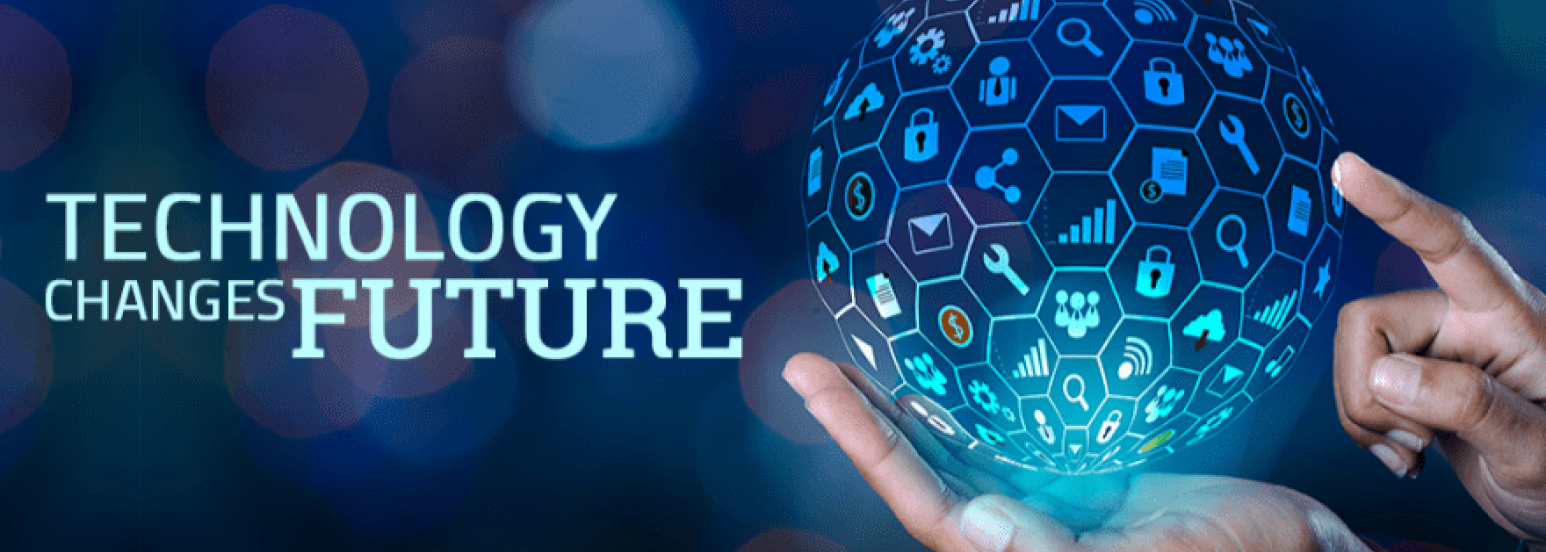
The internet has come a long way since it was first introduced to the world. From the early days of dial-up connections and basic websites, it has evolved into a vast, interconnected network that has transformed the way we live and work.
But what does the future hold for the internet, and how will it continue to shape the way businesses operate? Here are a few trends to watch:
- The rise of artificial intelligence: AI is already being used in a variety of industries, from customer service to healthcare. As the technology continues to advance, we can expect to see even more widespread adoption, particularly in areas like automation and data analysis, with many companies using it to improve the user experience and streamline processes. For example, chatbots can now handle customer service inquiries, and AI-powered assistants can make recommendations based on a user's browsing history. As AI becomes more advanced, it will likely play an even larger role in the way businesses operate online..
- Increased reliance on cloud computing: As more and more businesses move their operations to the cloud, the need for on-premises servers and hardware will continue to decline. This will allow businesses to save on costs and be more agile, as they can access their data and applications from anywhere with an internet connection.
- The growth of the "gig economy": The gig economy, or the practice of hiring freelance or temporary workers for short-term projects, is already on the rise. With the proliferation of platforms like Upwork and Fiverr, it's easier than ever for businesses to connect with talented professionals on a project-by-project basis.
- The proliferation of the Internet of Things: The Internet of Things (IoT) refers to the growing network of connected devices that can communicate with each other and exchange data. From smart thermostats to wearable fitness trackers, the IoT is already changing the way we live and work. As the number of connected devices continues to grow, businesses will need to find new ways to use this data to their advantage. The IoT is set to explode in the coming years, and businesses that can find ways to leverage this technology will have a significant advantage. For example, a retail store could use IoT technology to track inventory in real-time, or a manufacturer could use it to monitor and optimize production processes.
- Increased cybersecurity threats: As the internet becomes more integral to our daily lives, the risk of cyber attacks will only continue to increase. Businesses will need to stay vigilant and invest in robust security measures to protect their data and assets.
- Increased emphasis on personalization: Consumers are increasingly expecting a personalized experience online, and businesses that can deliver this will stand out from the competition. This includes everything from tailored product recommendations to personalized emails. By using data analytics and AI, businesses can gain a better understanding of their customers and deliver more targeted marketing messages.
- Growing importance of mobile: Mobile devices are already a critical part of the internet landscape, and this trend is only set to continue. More and more people are accessing the internet via their smartphones and tablets, and businesses need to ensure that their websites and digital marketing strategies are optimized for mobile. This includes using responsive design, fast loading times, and mobile-friendly content.
Overall, it's clear that the internet will continue to evolve and shape the way businesses operate. By staying up-to-date on the latest trends and technologies, businesses can position themselves for success in the digital age.


